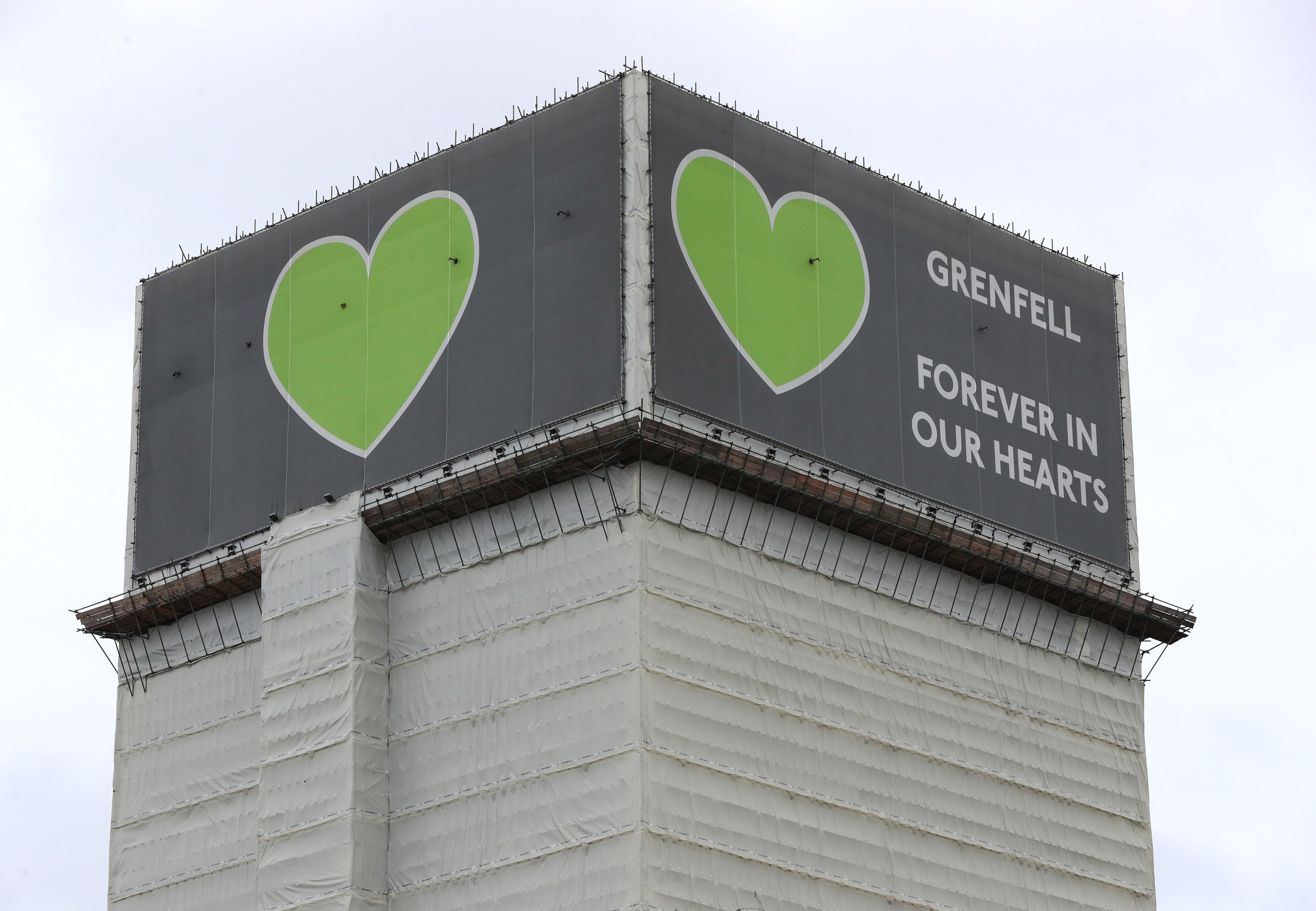Grenfell: Londoner waited ‘weeks’ for deaths of six relatives to be confirmed
Hisam Choucair lost his mother, sister, brother-in-law, and three nieces in the Grenfell Tower fire.

A Londoner who lost six close relatives in the Grenfell fire has recalled “being taken from trauma to trauma” during a desperate search for them at 11 hospitals on the day of the blaze.
Hisam Choucair told the Grenfell Tower Inquiry that he waited “weeks” for his family, including his youngest niece, Zainab, who was just three years old, to be formally identified as having perished in the fire.
On June 14 2017, Mr Choucair lost his mother, Sirria, his sister Nadia and her husband Bassem Choukair, along with their young children Mierna, Fatima and Zainab, who all lived on the 22nd floor.
Mr Choucair recalled his experience – from rushing to the tower at 3am with his wife, Kona, and their young children in a buggy, his brother, Nabil, and sister, Sawsan – to pulling back curtains at intensive care units in hospitals which could not confirm whether their relatives had been admitted.
Giving evidence calmly despite the trauma, Mr Choucair added that he felt stripped of his dignity after appealing to passers-by in the street with photographs of his missing relatives as a last resort.
Mr Choucair said he initially asked police officers for information at Grenfell Tower, but there were no officials from the council or Government around to help families “in any way shape or form”.
He added that his eyes were stinging from the smoke, he could taste burning plastic in the air, and his children were crying.
Mr Choucair, who was born in the central London borough of Kensington and Chelsea and still lives there, said he tried calling a police helpline which had been set up on the day, but no-one picked up.
“It was ringing and ringing and ringing”, he told the inquiry.
“To get that response was shocking – it was the last thing we needed,”
Mr Choucair said he became angry after most of the hospitals could not tell him whether his family had been admitted due to data protection laws.
“I felt that the wait was unacceptable and what we were being put through was unacceptable,” he said.
“It was as if we were being taken from trauma to trauma. It was as if the inside of your gut was being ripped up.”
When asked when he found out that his relatives had died in the fire, Mr Choucair said: “I can’t pinpoint an exact time.
“I don’t know if it was a couple of weeks later or a couple of months.
“I recall, I just burst into tears, because I felt like our hopes of finding our family were being reduced more and more.”
Mr Choucair also searched impromptu “rescue centres” at venues in Kensington and spoke with Sky News in the hope that someone with information about his family would be watching.
When asked whether he felt like the responsibility of finding his family rested on his shoulders, Mr Choucair said: “That’s correct.
“It didn’t help when we were hearing that other rescue centres and private hospitals were opening up.
“It made life more difficult for us.
“It caused stress on us, and it didn’t feel as if we were in control of our situation.”
Mr Choucair worked at Transport for London (TfL) during the time of the 7/7 bombings in 2005, and when comparing the response to that incident with the Grenfell response, he said the latter was hampered by racism.
When asked what he hoped would be achieved by the inquiry, he said: “To maybe look into the issue of racism – the lack of urgency because of people’s ethnic background and culture, which I don’t believe this inquiry has touched to the extent that it should.
“I don’t think I could sum up what everyone had to go through on that day but it was the most painful experience in my life that won’t go, no matter how much counselling or support I receive, myself and my family.”
He added that the capital also desperately needs a “resilience centre” which would coordinate emergency responses to major incidents in future and ensure families do not endure the same ordeal as his own.